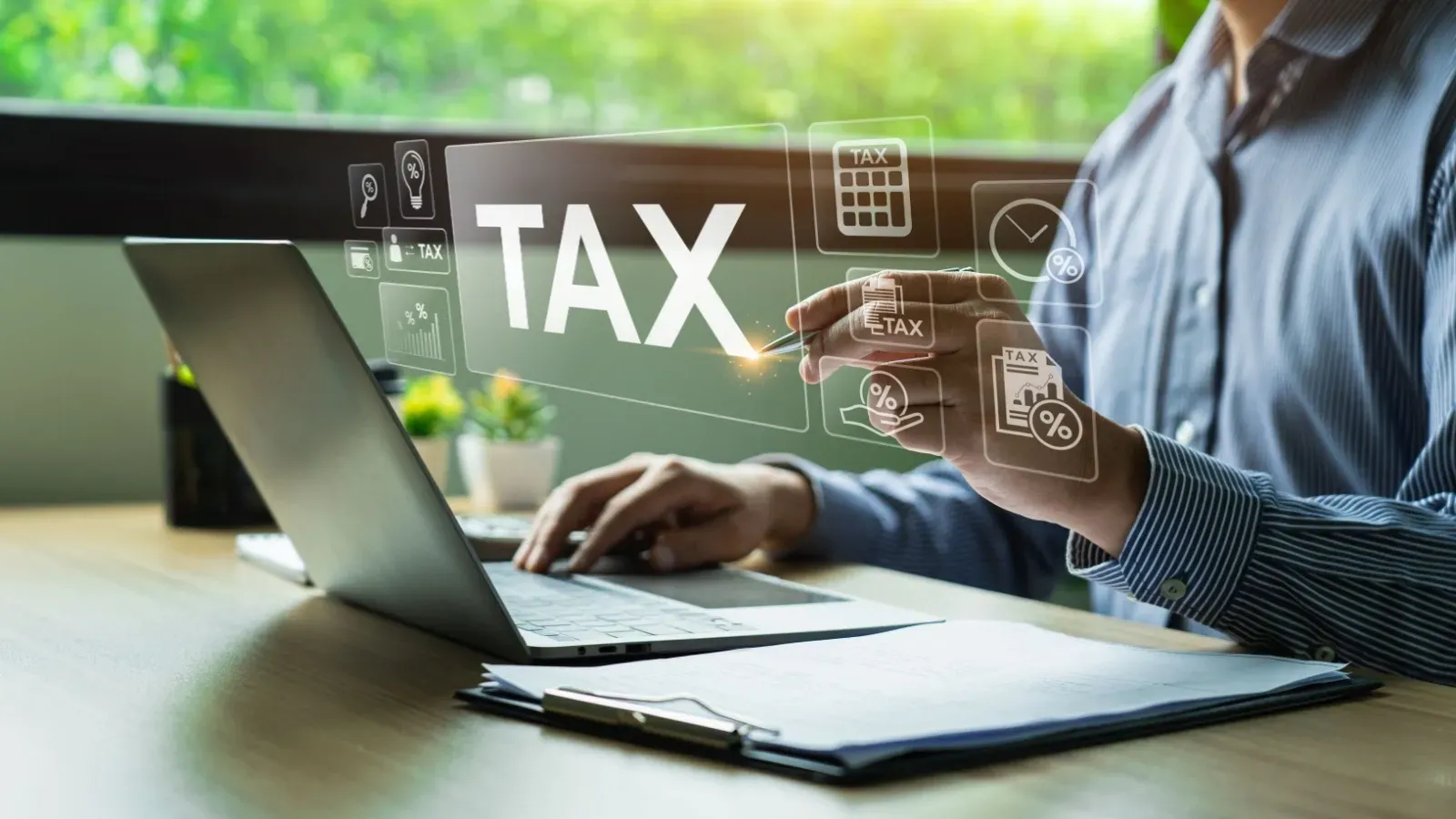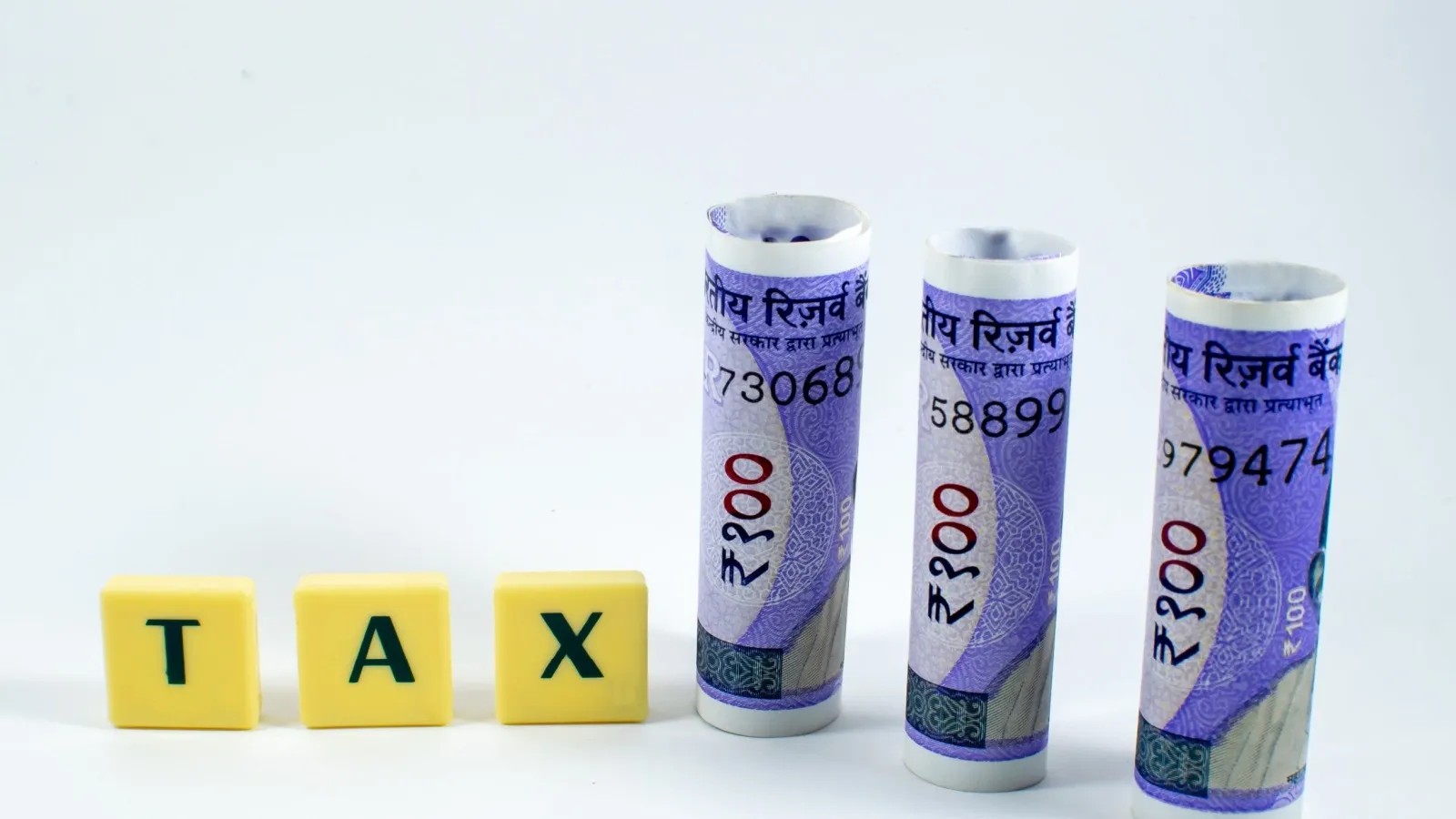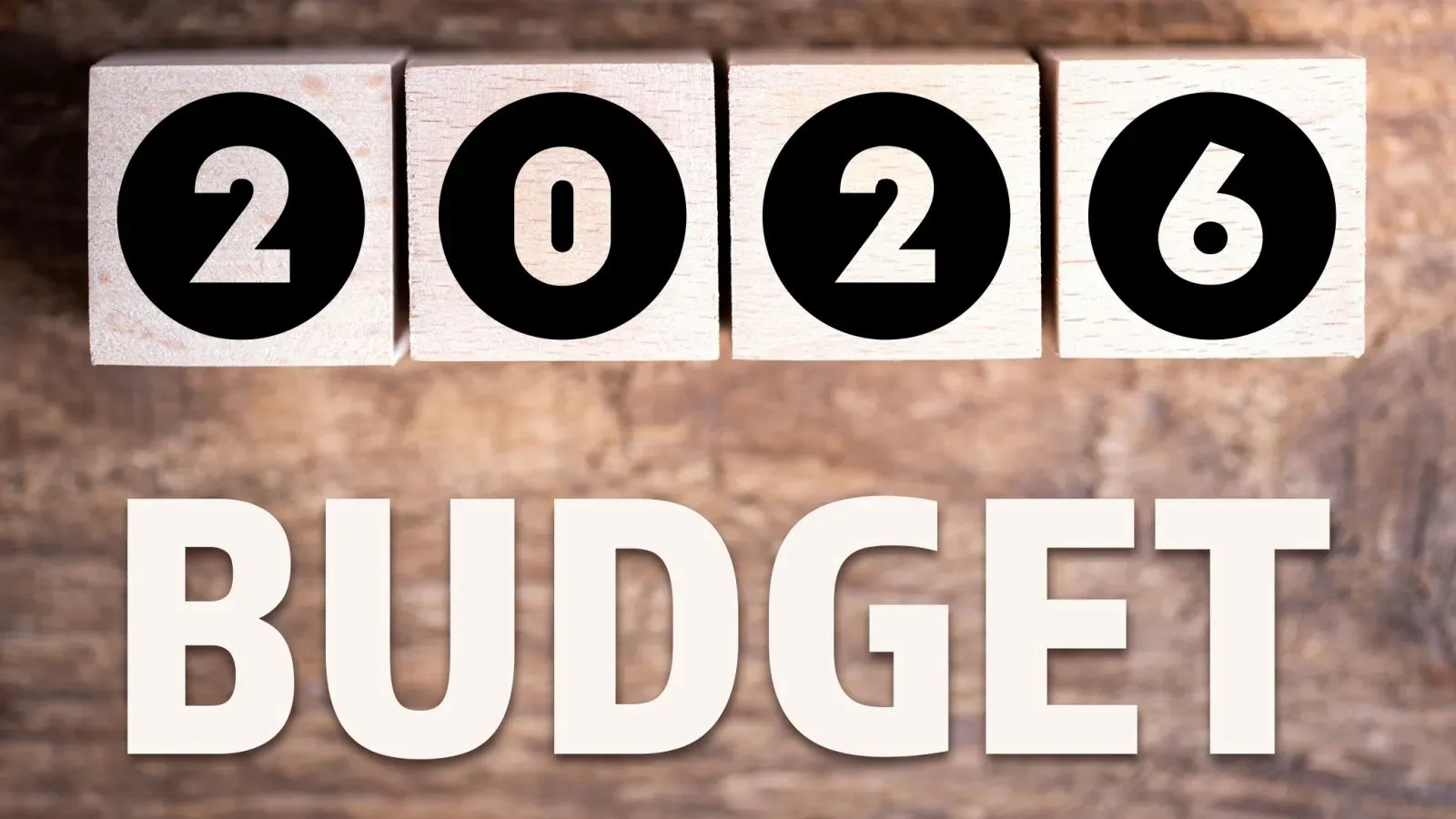Personal Finance News
New Income Tax Bill (No. 2) 2025: 5 takeaways for individual taxpayers

4 min read | Updated on August 11, 2025, 22:14 IST
SUMMARY
Finance Minister Nirmala Sitharaman tabled the Income Tax (No.2) Amendment Bill, 2025 in the Lok Sabha. The revised bill simplifies existing rules affecting property owners, taxpayers under the new regime, and individuals eligible for rebates.

Nirmala Sitharaman introduced the Income Tax (No.2) Amendment Bill, 2025 in the Lok Sabha with significant changes.
New Income Tax (No.2) Bill 2025 news: Finance Minister Nirmala Sitharaman introduced the Income Tax (No.2) Amendment Bill, 2025 in the Lok Sabha with significant improvements in drafting errors and ambiguities pointed out by the Select Committee in the previous bill.
Some of these improvements will enable individual taxpayers, including property owners, taxpayers under the new regime, and those eligible for rebates, to easily understand the relevant tax laws. The bill includes all amendments to the Income-tax Act, 1961, till the Finance Act, 2025.
When passed by the Parliament, it will replace the Income Tax Act, 1961, and become effective from April 1, 2026.
Here's a look at five provisions or takeaways of the revised bill:
Rebate for income up to ₹5 Lakh (Old Regime): A rebate of 100% of income tax payable, or ₹12,500 (whichever is lower), is available to individuals with total income not exceeding ₹5 lakh.
Rebate under new tax regime (Section 202(I)): If your income is under ₹12 lakh, a rebate of 100% of income tax payable or ₹60,000, whichever is lower, can be claimed.
For income above ₹12 lakh, the provision of marginal tax relief is available under the new regime.
Clause 202(I) of the Income Tax (No.2) Bill, 2025, introduces a new and simplified tax regime applicable to individuals, Hindu Undivided Families (HUFs), and other taxpayers. Under this revised structure, income up to ₹4,00,000 is fully exempt from tax.
For income ranging between ₹4,00,001 and ₹8,00,000, a 5% tax rate applies. Income between ₹8,00,001 and ₹12,00,000 is taxed at 10%, while the next slab—₹12,00,001 to ₹16,00,000—is subject to a 15% tax.
For income between ₹16,00,001 and ₹20,00,000, the rate increases to 20%, and further rises to 25% for income from ₹20,00,001 to ₹24,00,000. Any income above ₹24,00,000 is taxed at the highest rate of 30% under this new regime.
Clause 20 clarifies how property income is taxed.
Any income derived from buildings or land, owned by the assessee, is taxable under the head "Income from House Property."
If the property is used for the assessee’s business or profession, then it is not taxed under "house property" income. Instead, it's treated as business income.
Clause 21 states that the annual value of a property will be the higher of the notional rent (what it can reasonably fetch) or the actual rent received/receivable. Taxes paid to local authorities during the year can be deducted. Unrealised rent won’t be counted.
For unsold properties held as stock-in-trade, the value will be nil for two years after the completion certificate. Self-occupied properties or those not occupied due to valid reasons will also have nil annual value, limited to two houses per taxpayer, unless let out or used for personal benefit.
Clause 3(1) of the revised Income Tax (No.2) Bill, 2025, defines a "Tax Year" as the 12-month period of the financial year starting on April 1.
Additionally, if a business or profession is newly established, or a new source of income arises during a financial year, the tax year will begin from the date the business or income source comes into existence and end on March 31 of the same financial year.
The Select Committee, in its report, highlighted several drafting corrections recommended by stakeholders, emphasising that these changes are crucial for ensuring clarity and avoiding misinterpretation of the new bill.
On Friday, during the Monsoon Session of the Lok Sabha, Finance Minister Nirmala Sitharaman formally withdrew the original version of the New Income Tax Bill, 2025.
Related News
By signing up you agree to Upstox’s Terms & Conditions
About The Author
Next Story




